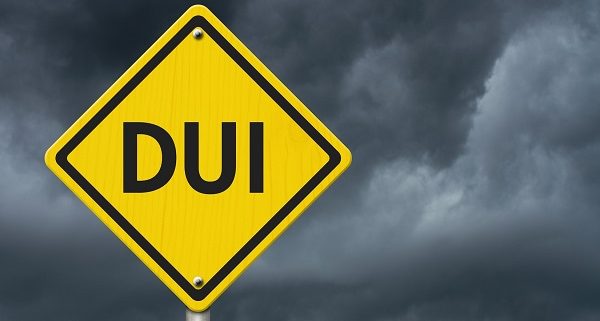Understanding the Legal Process for DUI Charges
When facing DUI charges in Texas, it is crucial to understand the legal process that will unfold. This includes the initial arrest, arraignment, pre-trial motions, and possibly a trial. Each stage has its own procedures and timelines, which can significantly affect the outcome of the case.
For instance, after being charged, the defendant will typically attend an arraignment where they enter a plea. Following this, various pre-trial motions may be filed, including motions to suppress evidence or dismiss charges. Understanding each step can help individuals navigate the complexities of their case more effectively.
Consequences of a DUI Conviction in Texas
A DUI conviction in Texas can lead to severe penalties, including fines, license suspension, and even jail time. The severity of the consequences often depends on the number of prior offenses and whether any aggravating factors were present during the incident.
For example, first-time offenders may face fines up to $2,000 and a possible jail sentence of up to 180 days, while repeat offenders can face much harsher penalties, including longer jail terms and significant increases in fines. Understanding these consequences is essential for anyone facing DUI charges.
Effective Strategies for DUI Defense
Developing an effective defense strategy is critical for anyone charged with a DUI. Common strategies include challenging the legality of the traffic stop, questioning the accuracy of breathalyzer tests, and demonstrating that the individual was not impaired at the time of driving.
For instance, if the arresting officer did not have probable cause to pull the driver over, this could be grounds for dismissal of the charges. Consulting with an experienced DUI attorney can help identify the best defense strategy tailored to the specifics of the case.
Frequently Asked Questions About DUI in Texas
Many individuals have questions regarding DUI laws and their implications in Texas. Common inquiries include the process of obtaining a hardship license, the implications of refusing a breath test, and the potential for expungement of DUI records.
For example, individuals who refuse a breath test may face automatic license suspension for a longer period than those who comply. Additionally, understanding the nuances of expungement can provide individuals with options to clear their records after fulfilling their legal obligations. Addressing these FAQs can significantly aid those navigating DUI-related issues.



